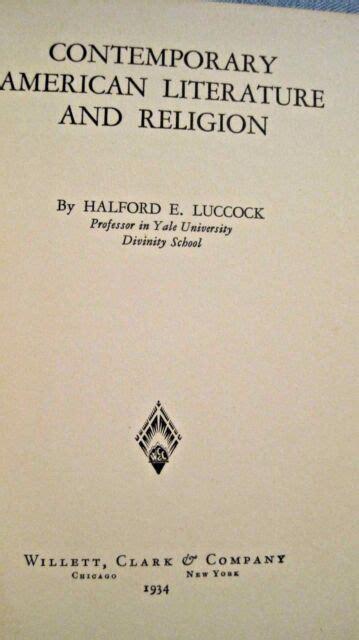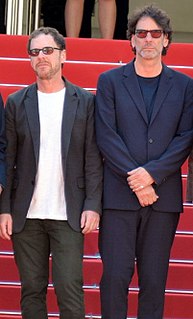A Quote by Albert Einstein
The religious geniuses of all ages have been distinguished by this kind of religious feeling, which knows no dogma and no God conceived in man's image; so that there can be no church whose central teachings are based on it. Hence it is precisely among the heretics of every age that we find men who were filled with this highest kind of religious feeling and were in many cases regarded by their contemporaries as atheists, sometimes also as saints. Looked at in this light, men like Democritus, Francis of Assisi, and Spinoza are closely akin to one another.
Quote Topics
Age
Ages
Also
Among
Another
Atheists
Based
Been
Cases
Central
Church
Closely
Conceived
Distinguished
Dogma
Every
Feeling
Filled
Find
Find Me
Francis
Geniuses
God
Hence
Highest
Image
Kind
Knows
Light
Like
Looked
Man
Many
Men
Precisely
Regarded
Religious
Saints
Sometimes
Spinoza
Teachings
Were
Which
Whose
Related Quotes
the scientist's religious feeling takes the form of a rapturous amazement at the harmony of natural law, which reveals an intelligence of such superiority that, compared with it, all the systematic thinking and acting of human beings is utterly insignificant reflection. This feeling is the guiding principle of his life and work, in so far as he succeeds in keeping himself from the shackles of selfish desire. It is beyond question closely akin to that which has possessed the religious geniuses of all ages.
I guess what attracted me about the philosophy aspect was that it was realistic. It didn't go off into the realm of imagination land, which I find a lot of religious teachings, actually almost every religious teaching does. I keep meaning to write this up as a blog post, but lately, while driving in my car I've been listening to a religious station that comes on out of Cleveland from the Moody Bible Institute.
There has been a religious revival because - let me put it like this, the people that weren't traditionally religious, conventionally religious, had a religion of their own in my youth. These were liberals who believed in the idea of progress or they were Marxists. Both of these secular religions have broken down.
Expressions of sharp and even violent criticism of religion and the church have been welcomed, for they usually imply sincerity of thought. If caustic criticism of religious institutions and practices is irreligious, then Amos, Isaiah, and Jesus were very irreligious men. In fact, that is exactly what many of their contemporaries took them to be.
I'm very religious, you know. Now, OK, if by 'religious', you mean that I go to church every Sunday, read the bible faithfully, and I listen to Debbie Boone, umm, I'm not religious in that sense... But if by 'religious' you mean that I love others and try to help them whenever possible... Again, no. But if by 'religious' you mean that I like to eat coleslaw... Yeah, OK, OK!
To be prophets, in particular, by demonstrating how Jesus lived on this earth, and to proclaim how the kingdom of God will be in its perfection. A religious must never give up prophesising Let us think about what so many great saints, monks and religious men and women have done, from St Anthony the Abbot onward. Being prophets may sometimes involve making ruido [Spanish for noise]. I do not know how to put it Prophecy makes noise, uproar, some say 'a mess.' But in reality, the charism of religious people is like yeast: prophecy announces the spirit of the Gospel.
We have gone a long way toward civilization and religious tolerance, and we have a good example in this country. Here the many Protestant denominations, the Catholic Church and the Greek Orthodox Church do not seek to destroy one another in physical violence just because they do not interpret every verse of the Bible in exactly the same way. Here we now have the freedom of all religions, and I hope that never again will we have a repetition of religious bigotry, as we have had in certain periods of our own history. There is no room for that kind of foolishness here.



































